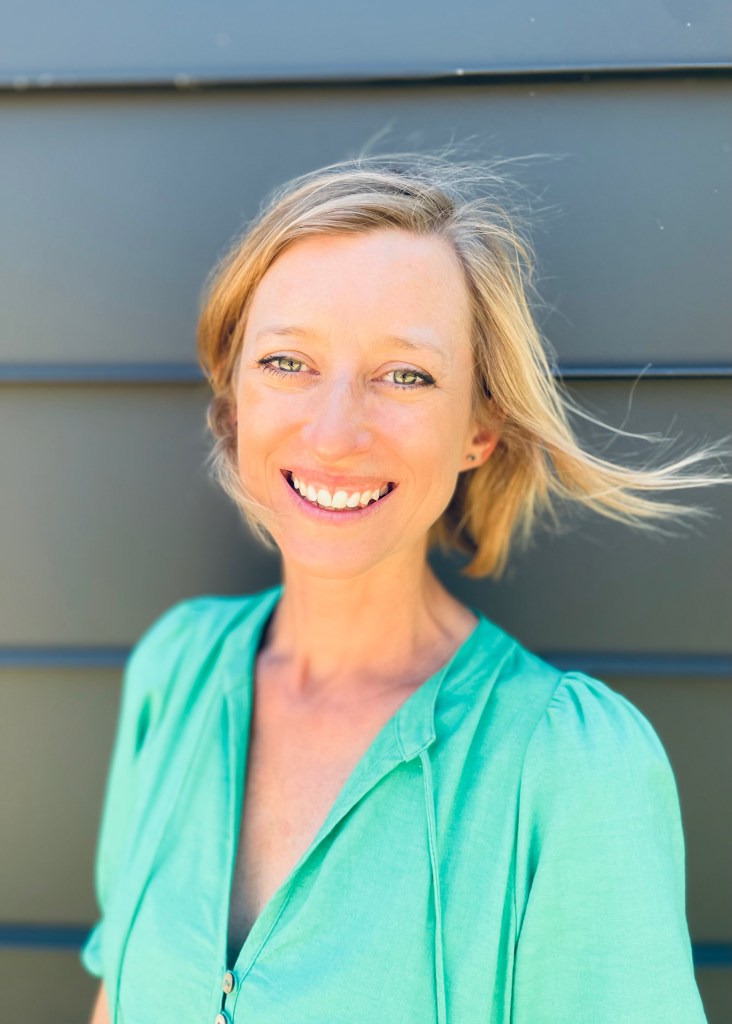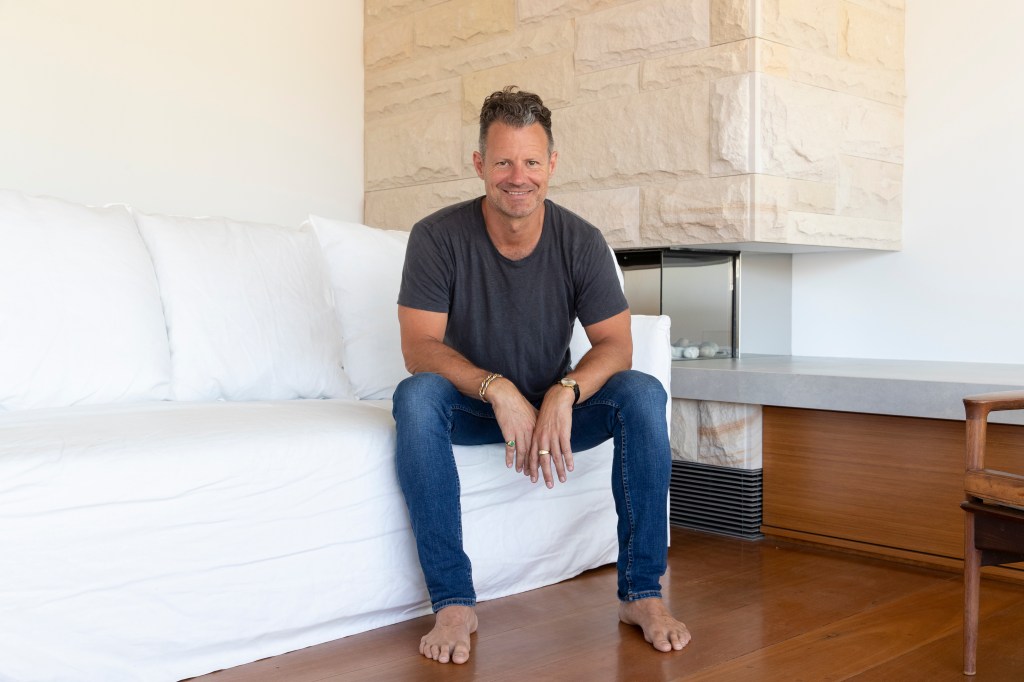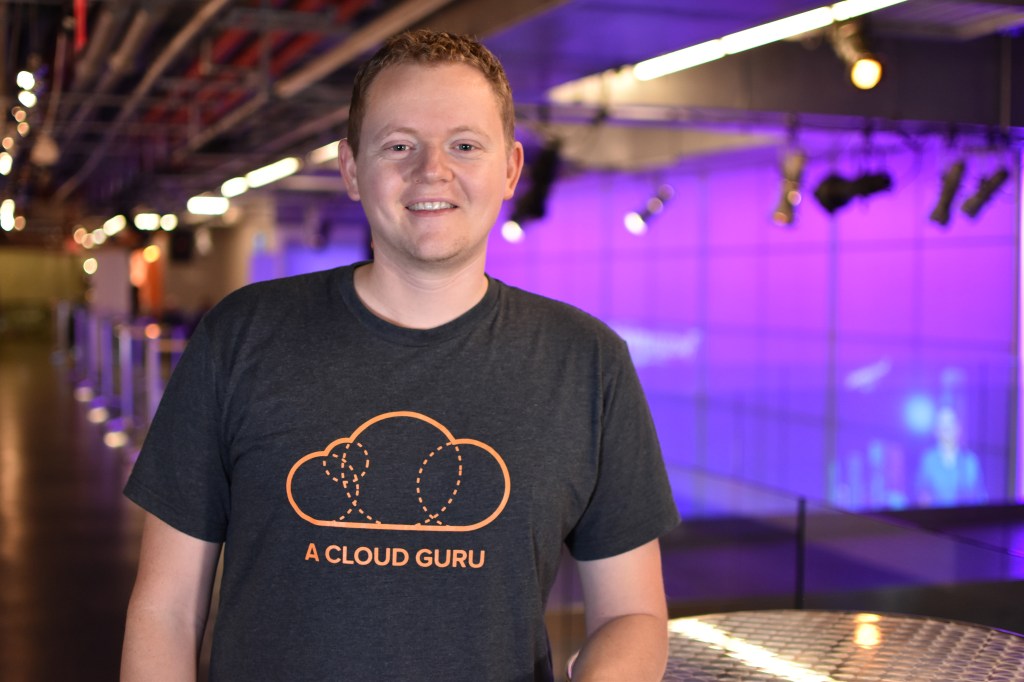After achieving success with their own companies, these second-generation investors explain why they are getting behind the next crop of Aussie entrepreneurs.

After achieving success with their own companies, these second-generation investors explain why they are getting behind the next crop of Aussie entrepreneurs.
When Amy Carter-James was 22, she opened a boutique eco-resort in Mozambique and launched a UK charity that helped more than 35,000 locals improve their access to education and health care.
Guludo Beach Lodge was a pioneer in advancing sustainable development through tourism. In the mid-noughties it won a slew of international awards and was named one of the world’s 100 best hotels by The Observer. In 2012, Carter-James was awarded Young Social Entrepreneur of the year in the UK and had breakfast with then Prime Minister Gordon Brown.
Mozambique was tipped to become the next Maldives as a tourist destination, but a brewing civil war over the spoils of fossil fuels forced Carter-James and her husband to abandon the hotel, while keeping the charity running from Australia. Six months after the couple left Mozambique in 2018, the strongest cyclone to ever hit mainland Africa decimated 100,000 homes. Their hotel was razed to the ground.
“No cyclone had ever been recorded in the region. The devastation was even worse because everyone was unprepared,” says Carter-James.
This prompted an awareness that promoting sustainable development needed to address climate change issues. Carter-James launched a platform called Raaise, which helps climate change start-ups to secure funding. It has a particular focus on under-represented founders – those who are female and come from culturally diverse backgrounds.
“I spoke to hundreds of startups and I could see that many had the solutions to some really pressing problems – so why weren’t they scaling? Many told me that they didn’t know where to find investors and didn’t understand the process or timing for capital raising. That’s how Raaise was born,” she says.
Carter-James has observed that far more founders are purpose-driven in Australia than was the case in the past. She estimates that as many as 30% are purpose driven in 2023, compared with around 5% a decade ago.
“Fifteen or 20 years ago, if a founder spoke about impact or sustainability, they were quickly boxed into being a social enterprise. They were the ‘do-gooders’ who weren’t taken seriously, while ‘proper business’ was seen as something different.”

Nicho Plowman agrees. The co-founder of meditation app Insight Timer and Vedic meditation teacher has been in the entrepreneurial space for 20 years following a successful corporate career.
He and his brother bought Insight Timer when it was a fledging app with around 200,000 registered users and about 10 meditation teachers. Eight years later, it has 23 million registered users and 15,000 teachers.
Plowman is now an early-stage investor in wellbeing focused startups that include Be Here Nowra and One Eleven Health.
“The group of people I work with are striving to make a difference in the world, as opposed to trying to make money,” he says. “They have a purpose, from which the commercial upside will follow. That is the same thing we did with Insight Timer, although back then it was a much rarer way to approach things.”
A Cloud Guru co-founder Sam Kroonenburg wants to ensure that Australia has a flourishing tech sector, and he is willing to put his money where his mouth is.
“Australia has one of the world’s highest standards of education, but we can’t just rest on our laurels and assume that Australians will always enjoy a high standard of living. I don’t want us to be left behind,” he says.

“Australia has an opportunity to be a technology powerhouse – but we’re not going to get there if we don’t back the best and the brightest people who are willing to take a risk. It’s hard to decide to leave your job and put it all on the line.”
When Kroonenburg invests in a start-up, he usually develops a relationship with the founder. He hopes to impart the lessons he learned during his own extraordinary career, in which he and his brother began a company from scratch in 2015 with a website that cost about $75. Within six years, learning platform A Cloud Guru had 4 million users globally and it was acquired by Pluralsight for $2 billion.
“There’s a lot of places that a start-up can get money from nowadays. I think money is helpful, but money with advice from someone who’s been there before is far more helpful,” he says. “What I found most valuable early on was speaking to other entrepreneurs who had been on the same journey. I want to be available for the next generation of entrepreneurs because I love watching people pursue their ideas. They can call me at 3am – I know I called my mentors at all hours.”
One of the things that most impresses Kroonenburg about Australia’s fledgling tech companies is their global outlook.
“They’re not just building an Aussie company and hoping to take it overseas if it succeeds,” he says. “They are playing on the world stage from day one.”


